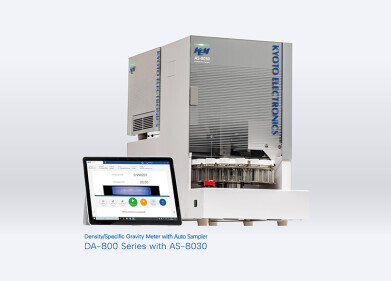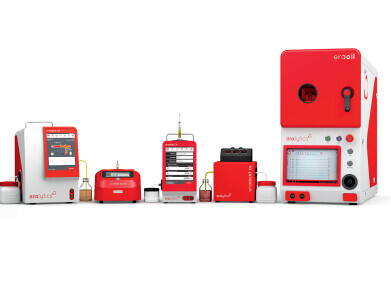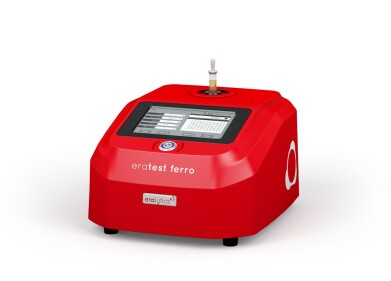Analytical Instrumentation
Can Bosch Save Diesel?
May 21 2018
With climate change on the rise and a host of European cities struggling to meet air quality standards, it's no secret that diesel cars could soon become a thing of the past. Unless Bosch, one of the world's leading engineering and electronics companies gets its way.
In a bid to rehabilitate diesel powered engines, the German owned company has developed a solution that uses an air and temperature management system to slash NOx emissions. The breakthrough, which is based on components already used in diesel vehicles, was recently announced by Bosch CEO Dr Volkmar Denner at the company's annual press conference.
Repurposing the world's diesel fleet
He revealed the technology is currently undergoing real driving emissions (RDE) tests designed to verify the system in a variety of driving conditions. The innovation could emerge as a saving grace for diesel drivers, who are currently facing higher taxes, driving restrictions and even blanket bans in cities across the globe, including Stuttgart and Dusseldorf.
“Following our breakthrough, we are convinced that in the future, no one will be able to impose a blanket ban on diesel in cities,” asserts Denner. “The Euro 6 standard allowed 80mg of nitrogen-oxide emissions per kilometre in the test bay, and is currently 168mg on the road, set to decrease to 120mg as of 2020. Using our new exhaust technology, automakers will be able to come in well below these limits.”
Adapt and conquer
So how does it work? Most diesel vehicles are fitted with selective catalytic reduction (SCR) components, which operate at temperatures ranging from 200°C to as high as 550°C. Exhaust systems are supplemented by AdBlue, a catalytic liquid solution that actively lowers nitrogen oxide emissions.
Bosch's solution heightens performance and minimises NOx emissions by adapting the engine’s exhaust gas recirculation (EGR) system. This involves optimising the levels of hot exhaust gases sent to the SCR and diesel particulate filter (DPF) units, as well as upping the dose of AdBlue. DPF and SCR systems have also been moved closer to the engine to counter heat loss and ensure engine temperatures don't fall below 200°C. The results are remarkable, with average nitrogen-oxide readings of Bosch’s flagship converted 1.7l diesel powered Volkswagen sitting at a cool 40mg/km.
“By actively managing the exhaust temperature, we can ensure the exhaust system operates in a stable temperature range that allows it to reduce nitrogen oxides especially efficiently,” explains Denner. “So even when outside temperatures are rock-bottom, emissions will stay low."
An "ecological rehabilitation"
So, will diesel engines live to see another day? According to Bosch, the answer is a resounding "yes".
“After this ecological rehabilitation, diesel can take off again. It is not combustion engines that are being made obsolete, but rather the debate about their imminent demise.”
The era of fossil fuel powered vehicles may be drawing to a close, but that hasn't stopped companies from pushing forward with new technologies. Robust, simple and fast, Energy Dispersive X-ray Fluorescence (EDXRF) is breaking new ground as an in-field and downstream analytical technique. For the latest scoop don't miss 'Current Application Trends in the Petroleum Industry Using EDXRF and Process XRT Gauge'
Digital Edition
PIN 25.2 Apr/May
April 2024
In this Edition Safety - Carbon monoxide toxic and flammable gas detection Analytical Instrumentation - Density: A fundamental parameter at critical stages within the petroleum sector...
View all digital editions
Events
May 05 2024 Seville, Spain
May 06 2024 Riyadh, Saudi Arabia
May 06 2024 Houston, Tx, USA
May 06 2024 Houston, Tx, USA
Canada Gas & LNG Exhibition & Conference
May 07 2024 Vancouver, BC, Canada
.jpg)

















